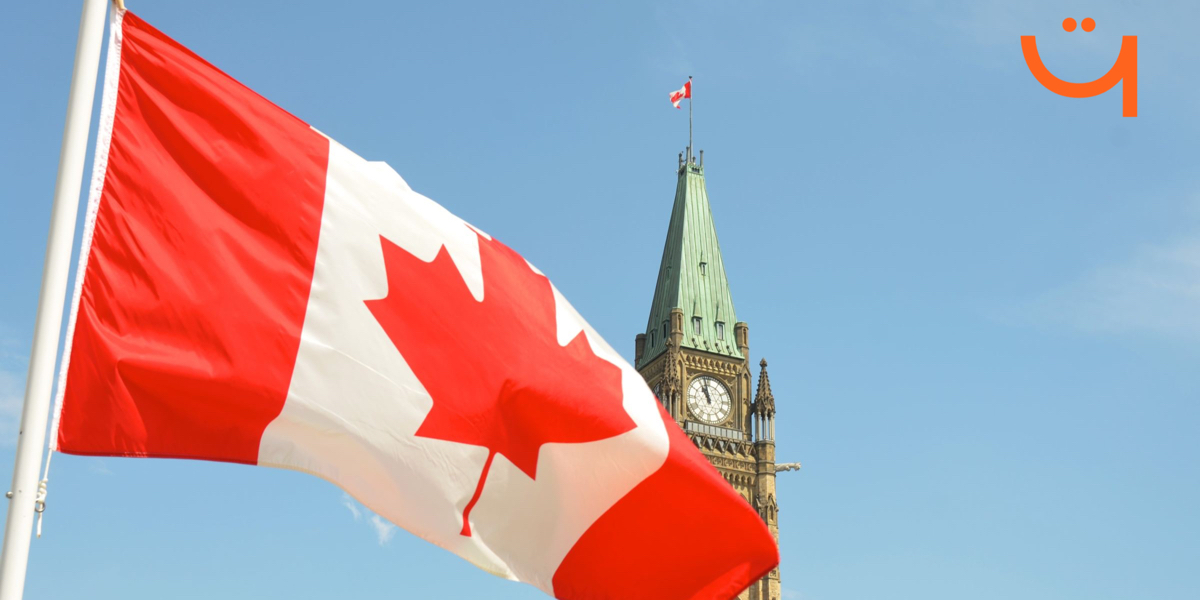I. Introduction to French language in France and Canada
The French language is an official language of France and several other countries throughout the world. It is also the most widely spoken language in Europe and the second most widely spoken language in the world. It is an important language of international communication, with its roots in Latin and Germanic languages. As a Romance language, it is closely related to Italian, Spanish, and Portuguese.
Originality of French language
French is a Romance language derived from Latin, with Germanic and Celtic influences. It is the official language of France, Belgium, Luxembourg, Switzerland, Monaco, and several other countries. The French language is a member of the Romance language family, which includes Spanish, Portuguese, Italian, and Romanian.
Overview of differences in French language between France and Canada
The French language is spoken differently in France and Canada. While both countries have the same roots in Latin and Germanic languages, there are several differences in the way the language is spoken in each country. These differences include grammar, vocabulary, pronunciation, and common slang and dialects.
II. French language in France
Overview of French language in France
The French language is the official language of France and is spoken by nearly all of its citizens. French is also the language of government, business, media, and education in France. It is the language of diplomacy and international relations.
Grammatical differences in French language in France
The French language spoken in France has a few key grammatical differences compared to other Romance languages. These include the use of “tu” instead of “tu es” and the use of the “ne” before the verb in negative sentences.
Common slang and dialects used in France
In France, there are various dialects and slang words used by different regions. These can include terms such as “mon cher” for “my dear” and “ça va” for “how are you?”.
III. French language in Canada
Overview of French language in Canada
The French language is an official language of Canada, and is spoken by nearly 7 million people in the country. French is the primary language of the province of Quebec and is also spoken in some areas of New Brunswick, Nova Scotia, and Ontario.
Grammatical differences in French language in Canada
The French language spoken in Canada has a few key grammatical differences compared to other Romance languages. These include the use of “vous” instead of “tu” and the use of the “ne” before the verb in negative sentences.
Common slang and dialects used in Canada
In Canada, there are various dialects and slang words used by different regions. These can include terms such as “mon chou” for “my little one” and “ça roule” for “everything is rolling”.
IV. Comparison of French language between France and Canada
Commonalities between French language in France and Canada
One of the most noticeable similarities between French in France and Canada is the phonology, or the way that the language sounds. Although there are some differences between the two dialects, they share the same basic pronunciation, with some of the same rules and sounds. This means that many words are mutually intelligible between French speakers in both countries, meaning that communication between the two is much easier than with other languages.
The grammar of both French languages is also very similar. There are some differences, such as the use of pronouns, but the basic structures and rules of the language remain mostly the same. This is a major advantage for those learning the language, as it allows for a much easier transition between the two countries.
In addition, both French languages share many of the same vocabulary and expressions. There are a few differences between them, and some words are more common in one country than the other, but there is still a great deal of overlap between the two. This allows for greater understanding and effective communication between French speakers from both countries.
Finally, both countries share a common cultural background, which is evident in the way the language is spoken and written. Both countries have a rich history of literature and art, and this is reflected in their respective languages. This helps to create a sense of mutual understanding and appreciation between French speakers in both countries.
B. Differences between French language in France and Canada
There are some marked differences between how it is spoken in France and Canada. This can be attributed to the fact that the French language has evolved differently in each country, due to a variety of factors. To understand the differences between French language in France and Canada, let’s take a closer look.
First of all, there are differences in the pronunciation of certain words and phrases. In France, for example, the letter ‘R’ is usually pronounced with a guttural sound, but in Canada it is usually pronounced with a softer sound. This is due to the fact that French is spoken with a nasal accent in France, while in Canada it is spoken with a more neutral accent.
Another difference is in the grammar and syntax of the language. In France, the verb conjugations are much more complex than in Canada. In addition, the French language in France is more formal than in Canada, where the language is more casual.
Finally, there are differences in the vocabulary that is used in each country. In France, there are many words and phrases that are not commonly used in Canada. This is due to the fact that the French language in France has had more influence from other languages, such as Latin and Greek. On the other hand, in Canada, the language has been heavily influenced by English and other languages, such as Spanish and Chinese.
V. Conclusion
Summary of differences in French language between France and Canada
The French language is spoken differently in France and Canada. While both countries have the same roots in Latin and Germanic languages, there are several differences in the way the language is spoken in each country. These differences include grammar, vocabulary, pronunciation, and common slang and dialects.
Impact of French language in both countries
The French language is an important language of international communication, with its roots in Latin and Germanic languages. It is an official language of France, Belgium, Luxembourg, Switzerland, Monaco, and several other countries. It is also the primary language of the province of Quebec and is spoken in some areas of New Brunswick, Nova Scotia, and Ontario.
Benefits of learning French in both countries
Learning French in both France and Canada can help individuals to better communicate with people from both countries. It can also help individuals to gain a better understanding of French culture and language in both countries. Furthermore, those who are able to speak both French and English can benefit from the ability to communicate with French-speaking people in both countries.
Originally posted 2022-11-13 22:24:44.





I live in Ontario and must say that the content is 99% correct. I am about to move to Lille soon so am curious to learn about the differences that the 2 countries may have!
@William: Hi, glad to hear you are making the move. We hope that you gonna adapt to your new place & new “french” soon.